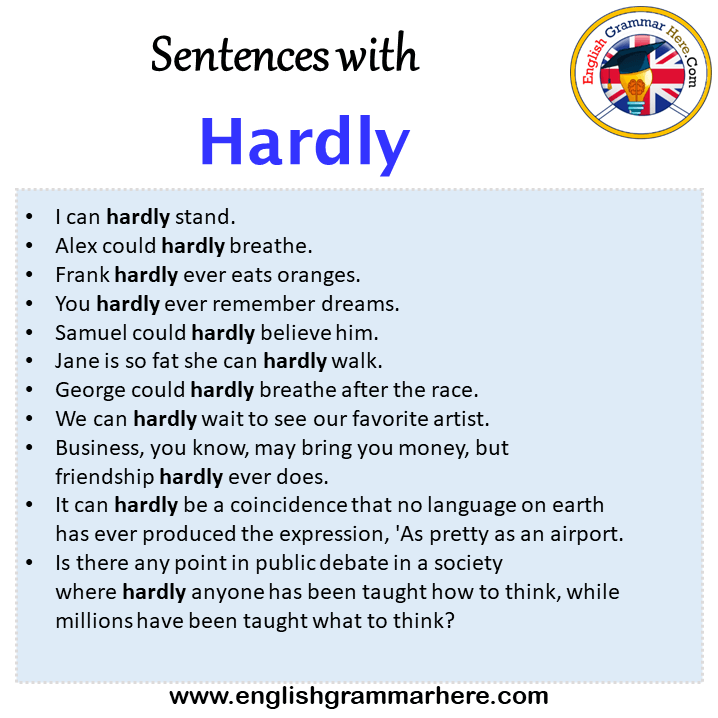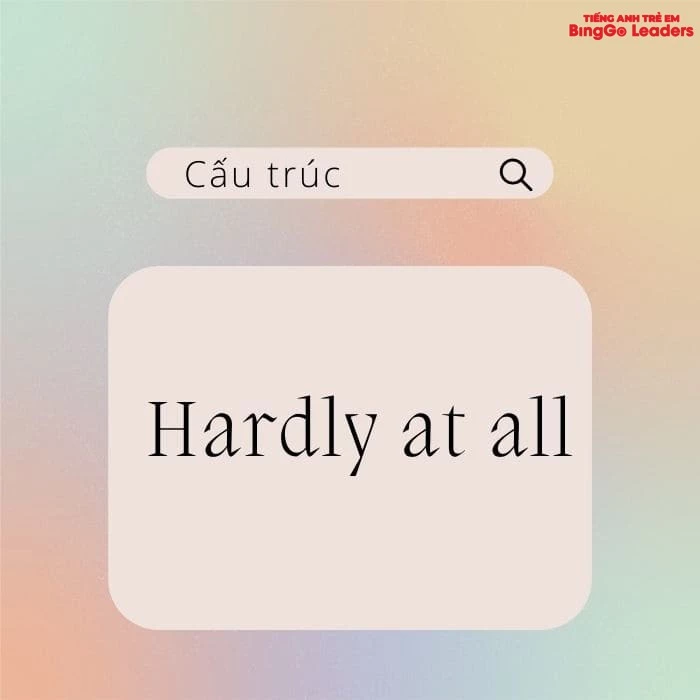AI-Generated Content
This article has been created using advanced AI technology to provide you with informative and engaging content.
AI-Curated Resources:
When the weather forecast mentions a chance of rain, but you step outside and find the ground barely damp, you might say it's "hardly raining." This simple phrase, so it's almost, speaks volumes about how we describe minimal occurrences. It brings up a lot of interesting points about language and how we talk about things that are just barely happening, or maybe not happening at all, in a way.
The idea of "hardly raining" touches on how we use words to describe something that's present, but only just. It's not a downpour, not even a steady drizzle, but rather a hint, a mere suggestion of precipitation. This kind of expression shows up in many parts of our everyday chatter, letting us paint a picture of something that's almost absent, or just a tiny bit there.
This idea of "hardly" doing something, or "hardly" having something, comes up quite often when we chat. It helps us get across a sense of scarcity or a near-absence, whether we're talking about the weather, how much effort someone put into something, or even how many people showed up for an event. It’s a pretty neat way to convey a very small amount, or a state of being close to not existing.
Table of Contents
- What Does "Hardly Raining" Truly Convey?
- When "hardly raining" Feels Like a Near Miss
- Is "Hardly Raining" the Same as "Almost Not Raining"?
- The Subtle Difference in "hardly raining"
- Why Do Some Sentences with "Hardly" Feel a Bit Off?
- The Peculiar Feel of "hardly raining"
- What Happens When "Hardly" Starts a Sentence, Especially About "Hardly Raining"?
- The Way "hardly raining" Flips Things Around
What Does "Hardly Raining" Truly Convey?
When someone says it's "hardly raining," they're usually trying to get across the idea that there's very little rain, or perhaps almost no rain at all. It's a way of saying the amount of water coming down from the sky is so small, it barely counts as rain. You know, it's like when you see a few drops here and there, but you don't even need an umbrella. This phrase, is that, captures that feeling of something being present in only the slightest measure.
The word "hardly" itself carries a meaning of being seldom, not often, rarely, or scarcely. So, when applied to rain, it means the rain is happening very infrequently, or in such a tiny quantity that it's almost not happening. It’s a bit like saying, "I hardly go to the gym," which means you don't really visit the gym often, or perhaps you go so little it's barely worth mentioning. The same principle, you know, applies to the weather.
Consider the idea of "hardly a man who was greatly moved by the spirit of the hero saw the film." This sentence, a bit complex, suggests that almost no one, or very few people, were truly touched by the hero's spirit after watching the movie. It's not saying no one was moved, but rather that the number of people who felt that way was incredibly small. In a similar vein, "hardly raining" means the number of raindrops is very, very small.
The core idea here is about something being close to zero, but not quite. It's a way to express a minimal presence. This helps us to describe situations where something is just barely there, or occurs with such low frequency that it's nearly absent. It's a subtle way of talking about things, in some respects, that are on the edge of not existing at all.
When "hardly raining" Feels Like a Near Miss
Imagine you're hoping for a good downpour to help your garden, and someone tells you it's "hardly raining." That phrase, in a way, feels like a near miss. You got some rain, but not enough to make a real difference. It’s like being told "there was hardly anybody in the room" when you expected a crowd; it means there was almost nobody there. The expectation meets a minimal reality.
This sense of a "near miss" also applies to other situations. If something was "hardly acceptable," it means it was almost not good enough, perhaps just scraping by. The phrase "hardly raining" carries that same weight. It's a state where the event is occurring, but just barely, leaving you with the feeling that it almost didn't happen, or that what did happen was pretty insignificant.
It's a way of conveying a sense of disappointment or a lack of fulfillment, too it's almost. You wanted rain, but you got a sprinkle. You wanted a full room, but you got a handful of people. This slightness of presence is a key part of what "hardly" communicates, and it's certainly true for "hardly raining."
Is "Hardly Raining" the Same as "Almost Not Raining"?
This is a good question, and the answer, you know, is that they are very, very close in meaning, but there can be a tiny shade of difference. When we say "hardly raining," we're usually saying that some rain is happening, but it's so little it's barely noticeable. It's like a few drops, or a very light mist. It means the rain is actually there, but it's minimal.
On the other hand, "almost not raining" could suggest that the rain was about to start, or just finished, or that the conditions are such that rain is highly unlikely to happen. It puts a bit more emphasis on the "not" part. However, in most everyday talks, people use "hardly" and "almost not" interchangeably when describing a very small amount or a near absence of something.
Think about the idea of "there was hardly anybody in the room" versus "there was almost nobody in the room." For most people, these two statements mean the same thing: the room was pretty empty. The distinction, if there is one, is very, very subtle and often depends on the speaker's emphasis. So, for "hardly raining," it’s nearly the same as "almost not raining."
Sometimes, too it's almost, the choice between these phrases depends on what you want to emphasize. If you want to say the rain is actually falling, but barely, "hardly raining" works well. If you want to say the conditions are such that rain isn't really a factor, "almost not raining" might be chosen. But for practical purposes, they convey a very similar message of minimal precipitation.
The Subtle Difference in "hardly raining"
While "hardly" and "almost not" are quite similar, "hardly" tends to imply a slight actual occurrence. When it's "hardly raining," there are drops, even if they are few and far between. It's a statement about the current, very minimal, reality. This is different from "hardly ever," which speaks to frequency. "I hardly go to the gym" means I rarely go. "It's hardly raining" means it's raining very little right now.
The word "hardly" can also be used to express a strong negative, or a kind of disbelief. If someone says, "I hardly miss you," it means they don't really miss you at all, or they miss you so little it's like not missing you. This use of "hardly" pushes the meaning towards a complete lack, even if the structure suggests a small amount.
So, when we talk about "hardly raining," we're talking about a situation where the rain is there, but its presence is so insignificant that it borders on non-existence. It’s a way of saying, pretty much, that you might not even notice it. This nuance is important for truly getting what the phrase means.
Why Do Some Sentences with "Hardly" Feel a Bit Off?
Sometimes, when you put "hardly" into a sentence, especially with certain other words, it can sound a bit strange to some people. For example, the phrase "hardly had we sat down to eat than he got up and left" might strike some ears as a little bit odd. This feeling often comes from the way "hardly" interacts with words like "than."
Some language observers have pointed out that using "hardly" with "than" can be a bit clunky. They prefer "hardly...when" or "hardly...before." So, "hardly had we sat down to eat when he got up and left" often feels more natural. It's about the flow of the words and what sounds right to people who are used to certain ways of speaking.
This isn't a strict rule that everyone follows, but it's a common observation. The reason it feels off is because "hardly" is a minimizer, meaning "almost not" or "scarcely." When you pair it with "than," which usually compares two things, the combination can create a slight grammatical friction. It's a subtle thing, you know, but it can make a sentence feel less smooth.
It’s a bit like trying to fit two puzzle pieces together that aren't quite the right shape. They might go together, but they don't quite click. This is why some people might pause when they hear or read a sentence like that, even if they can still figure out what it means. It’s a matter of what sounds most natural, more or less, in everyday conversation.
The Peculiar Feel of "hardly raining"
While "hardly raining" itself doesn't usually cause this "off" feeling, understanding why other "hardly" constructions might helps us appreciate the nuances of the word. If you were to say, "Hardly was it raining than the sun came out," that might sound a little bit clunky to some ears. Most people would likely say, "Hardly was it raining when the sun came out."
The phrase "hardly raining" on its own is pretty straightforward. It simply means very little rain. The peculiar feeling comes in when "hardly" is used to introduce a sequence of events, especially with "than." It’s about the rhythm and expectation of the language.
The key is that "hardly" is a word that sets up a very low threshold. When something happens "hardly," it means it's just barely crossing that line, or perhaps not even. This makes it a powerful word for describing things that are almost absent, or that happen with great infrequency.
What Happens When "Hardly" Starts a Sentence, Especially About "Hardly Raining"?
When words like "hardly," "scarcely," "barely," or "no sooner" begin a sentence, something interesting happens with the sentence structure. This is a grammatical rule known as inversion. It means the subject and the auxiliary verb (the helping verb) switch places. It’s a pretty common feature in English, and it makes the sentence sound more formal or dramatic.
For example, instead of saying "She had hardly closed her eyes when she fell asleep," if you start with "Hardly," it becomes: "Hardly had she closed her eyes, when she fell asleep." See how "had" and "she" swapped spots? This happens because "hardly" at the beginning of the sentence acts as a kind of signal that the usual word order will be flipped.
This inversion adds a bit of emphasis to the action that follows. It highlights the immediate sequence of events. It's like saying, "The moment she closed her eyes, she was out." This structure is often used in writing to create a more impactful or literary feel. It's something you'll see quite often in stories or formal reports.
So, if you were to start a sentence about the weather with "Hardly," you'd see this same pattern. You might say, "Hardly was it raining when the sun peeked through the clouds." This means the rain was so minimal, and it stopped so quickly, that the sun appeared almost immediately. It’s a way of making the description a little bit more striking.
The Way "hardly raining" Flips Things Around
When we use "hardly" at the start of a sentence related to "hardly raining," it creates a specific kind of emphasis. For instance, "Hardly was there any rain, when the plants began to perk up." This sentence, you know, puts a spotlight on how little rain actually fell before the next event. It makes the minimal amount of rain stand out.
This inversion is a neat trick that language uses to change the focus of a sentence. Instead of just stating a fact, it draws attention to the timing or the surprising nature of what happened. It’s a subtle but powerful way to shape how your words are received, making the reader or listener pay a little more attention to the quick transition or the minimal event.
It’s also a sign that the language is being used with a certain level of care or style. While you might not use this structure every day in casual chat, it's a perfectly good way to make a point more forcefully, especially when you want to highlight the very small degree to which something occurred. It’s a bit like saying, "You know, it was barely raining, and then..."
The rule about inversion with "hardly" and similar words is a pretty solid one in English grammar. It's one of those things that makes the language a bit more interesting, allowing for different ways to express the same idea with slightly different emphasis. It helps us to describe things, like the almost non-existent "hardly raining," with a bit more flair and precision.
AI-Enhanced Visual Content


